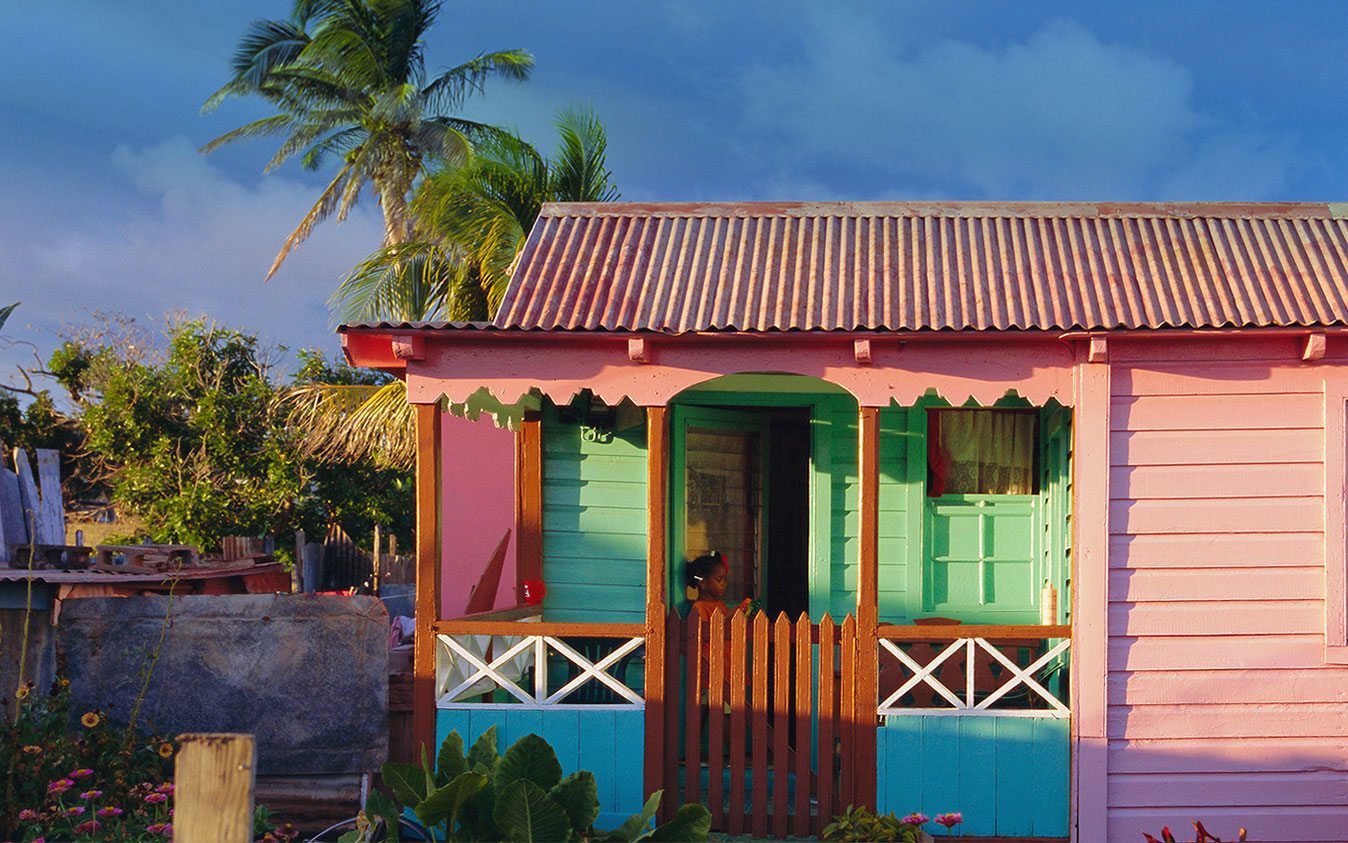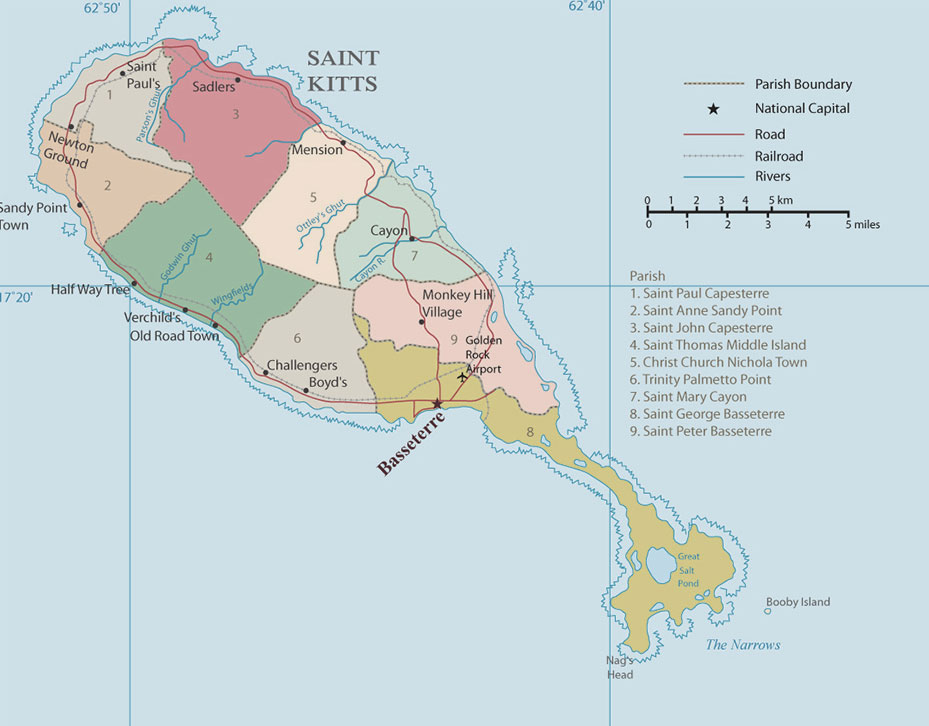Discover
the stories of our proud and friendly people, our charming and colourful villages, our fascinating ruins, our intriguing rain forests,
and our traditions that span centuries.
Our People

Maurice Herbert Davis
Maurice Herbert Davis Maurice Herbert Davis was born on the 30th April 1911 to Louisa Richards of Old Road. His father was Claude Mortimer Davis, an engineer. As a boy he attended the Basseterre Boys’ School and graduated with a Seventh Standard Certificate. At the age of fifteen he started serving as a pupil teacher at Trinity Government School. Later he became a junior civil servant and worked in the Court Registry where he first made...
Read more
Robert Douglas
Robert Douglas Robert (registered as Isaac Lewis) Douglas was born in St. Kitts on the 4th November 1882. He was the son of Robert Gould Douglas, a clerk, and his wife Margaret, residents of New Town. By the 1890s St. Kitts was experiencing serious social and economic difficulties that culminated in the violent disturbances of 1896, known as the Portuguese Riots. For many migration in search of work was the only option. Douglas was among the...
Read more
William Austin Harrington Seaton
William Austin Harrington Seaton William Austin Harrington Seaton was born on 6 December 1860 at Sandy Point. His parents were both trained primary school teachers so he received his early education at home. At nineteen he was offered the charge of the St. Augustine’s Infant School located at the Figtree end of Pump Bay. Young William started taking an interest in blacksmithing hoping that it would lead to qualifications in mechanical engineering. However, he was of delicate...
Read moreOur Places

Mount Liamuiga
Mount Liamuiga, St. Kitts Mount Liamuiga is a stratovolcano which forms the western part of Saint Kitts . This type pf volcano has a steep conical shape made up of many layers of lava, pumice and ash. Liamuiga rises to the height of 1156 meters or 3792 feet making it the highest peak in the Leeward Islands and one of the highest in the Caribbean islands. It has a crater lake at...
Read more
Fountain Estate
house on foundations of De Poincy's castle (photo by Fidel O'Flaherty) Fountain Estate lies in the hills beyond Basseterre at about 350 feet above sea level and higher, north of the Fountain River. It is located in what used to be the French part of Basseterre. De PoincyIt originally belonged to Pierre D’Esnambuc who probably developed it as a tobacco plantation. After his death it was purchased by Philippe De Lonvillier De Poincy. The governor, who was...
Read more
Youth and Community Centre
The Youth and Community Centre on Victoria Road stands on a foundation that survives from the first Government House of St. Kitts. For a long time St. Kitts did not have a Government house as many of the Governors and Lieutenant Governors were natives who had their own private residences on the island. John Nugent was an exception. He owned property in Montserrat and resided in the Leewards for several years. Soon after his arrival, both...
Read moreOur Events

Independence 19 September 1983
National Flag of St. Christopher (St. Kitts) and Nevis Statehood, granted in 1967 was viewed by all former territories as a transitions stage. The hope of an one independent West Indian nation had been crushed in 1962. It became necessary for the individual states to work out their own future. In the elections of 1975 the Labour Party obtained a mandate to seek independence from Britain. Discussions started in earnest in 1976 but an effective resolution of...
Read more
Carnival - New Years Day
In June 1957 Basil Henderson, Major L.N Alphonso, Tony Lawrence, Leroy Coury, Alexis Knight, E Vanterpool and Al Barker formed a temporary committee entrusted with the planning of St. Kitts’ first Carnival. It was felt that a Carnival along the lines of the Trinidad one would help the economy and give visitors something to look forward to. By the end of that year St. Kitts had its first queen show, Calypso Show and street parade...
Read more
Emancipation - 1 August 1834
British Enslavement existed mostly in the colonies but the Abolition movement was strongest in Britain. It was there that the laws that limited the trade and introduced the registry of slaves were first passed. The trade in slaves with Africa had been abolished in 1807 and the trade with other slave trading nations ended in 1812 but this had not produced the changes that the Abolitionist had hoped would follow. They continued to press for...
Read more"In this bright future, you can't forget your past"
Interactive Map
Move your mouse over the red map markers to view information about each particular location. To read more, click the marker for further information. Locations may also be selected using the adjacent listbox.




